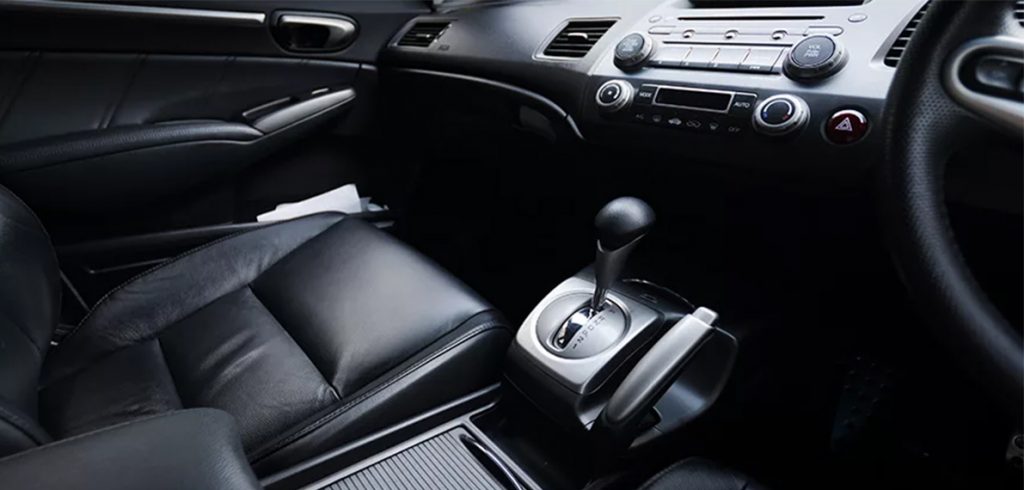Polymer specialists Hexpol TPE has announced the addition of new grades to its Dryflex Green family of bio-based TPE compounds.
According to the group, the series now includes grades based on Styrenic Block Copolymer (TPS) and Thermoplastic Polyolefin (TPO) technologies, with amounts of renewable content to over 90% (ASTM D 6866-12) and hardness from 15 Shore A to 60 Shore D.
The compounds contain raw materials from renewable resources such as plant and vegetable crops, for which there is an increasing demand among automotive consumers. The bio-based content can be derived from various raw materials such as polymers, fillers, plasticizers or additives, coming from renewable sources such as products and by-products from agricultural that are rich in carbohydrates, especially saccharides.
According to the company, the materials can usually be used as a drop-in solution for traditional TPEs, without the need for tool modifications. They display mechanical and physical properties comparable to TPE compounds from fossil-based raw materials, as well as good bonding behavior to PE and PP, with special grades for bonding to ABS, PC/ABS and PET. The company highlights that the TPEs are particularly useful in automotive interior applications such as floor mats, cup holder liners, fascia, trim and inlay mats.
Alongside their sustainability credentials, materials used for automotive interiors also need to meet requirements for Vehicle Interior Air Quality (VIAQ) and legislation regarding odor, fogging and VOC. To help automotive players meet these dual demands, the company says it has carried out odor and fogging tests on representative material grades. It claims the results demonstrate their low emissions performance, for example a 75 Shore A Dryflex Green compound with a renewable content of 20% showed a very low amount of VOC (42,8μg/g) and fog (474μg/g) in the thermodesorption test according to VDA 278 and odor 3.0 in VDA 270 C3 test.



